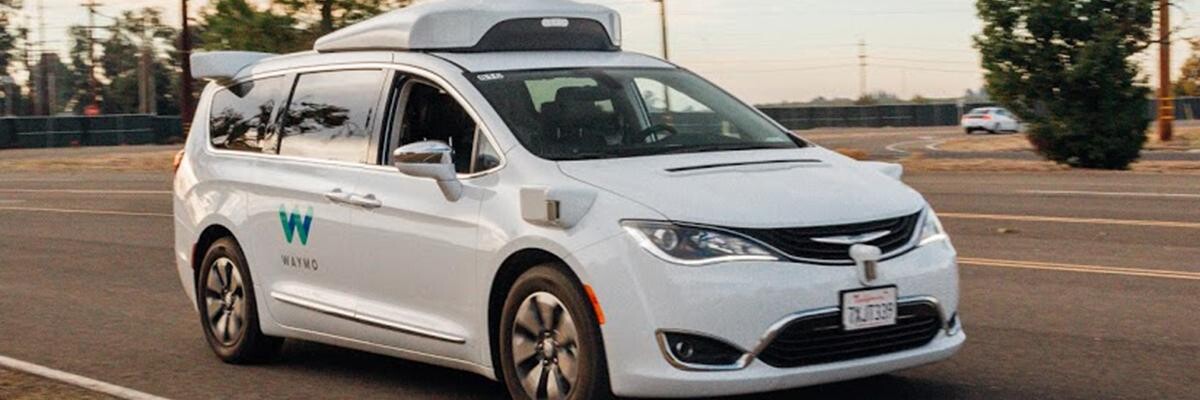A California transportion agency has approved new rules allowing for the testing of unmanned vehicles on public roads without a driver. Prior to this the autopilot system was tested with a man behind the wheel...
A California transportion agency has approved new rules allowing for the testing of unmanned vehicles on public roads without a driver. Prior to this the autopilot system was tested with a man behind the wheel who could take control of the vehicle in case of an emergency.
The innovations will come into force on April 2nd and companies such as Waymo, Uber, and GM will be able to conduct tests of their designs in a completely autonomous mode. Manufacturers have repeatedly complained of legislative restrictions which make it impossible to conduct final tests under real conditions.
The California authorities were the first to allow fully autonomous cars to travel on public roads. So far, the rules allow such tests for passenger cars only. The control of the vehicle is provided by means of remote communication and the new rules require that a tamper-proof channel be used.
The next step in changing legislation for unmanned vehicles must be taken by the U.S. Congress. Currently, officials are considering the possibility of making amendments that allow the creation of vehicles which are not manufactured with conventional controls, such as pedals and steering wheels.
Automakers in other countries are trying not to fall behind in the race of unmanned control systems. For example, Nissan is launching its unmanned taxi service.
On March 5th, 2018 test an unmanned route from the company's office to the Yokohama World Porters shopping center in Tokyo. Developers will continue testing for several weeks in order to collect enough information. Nissan hopes to launch the service for public use by the Summer Olympics in Tokyo in 2020.
Share this with your friends!






Be the first to comment
Please log in to comment